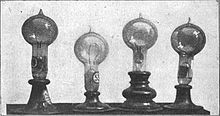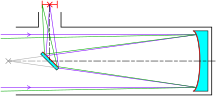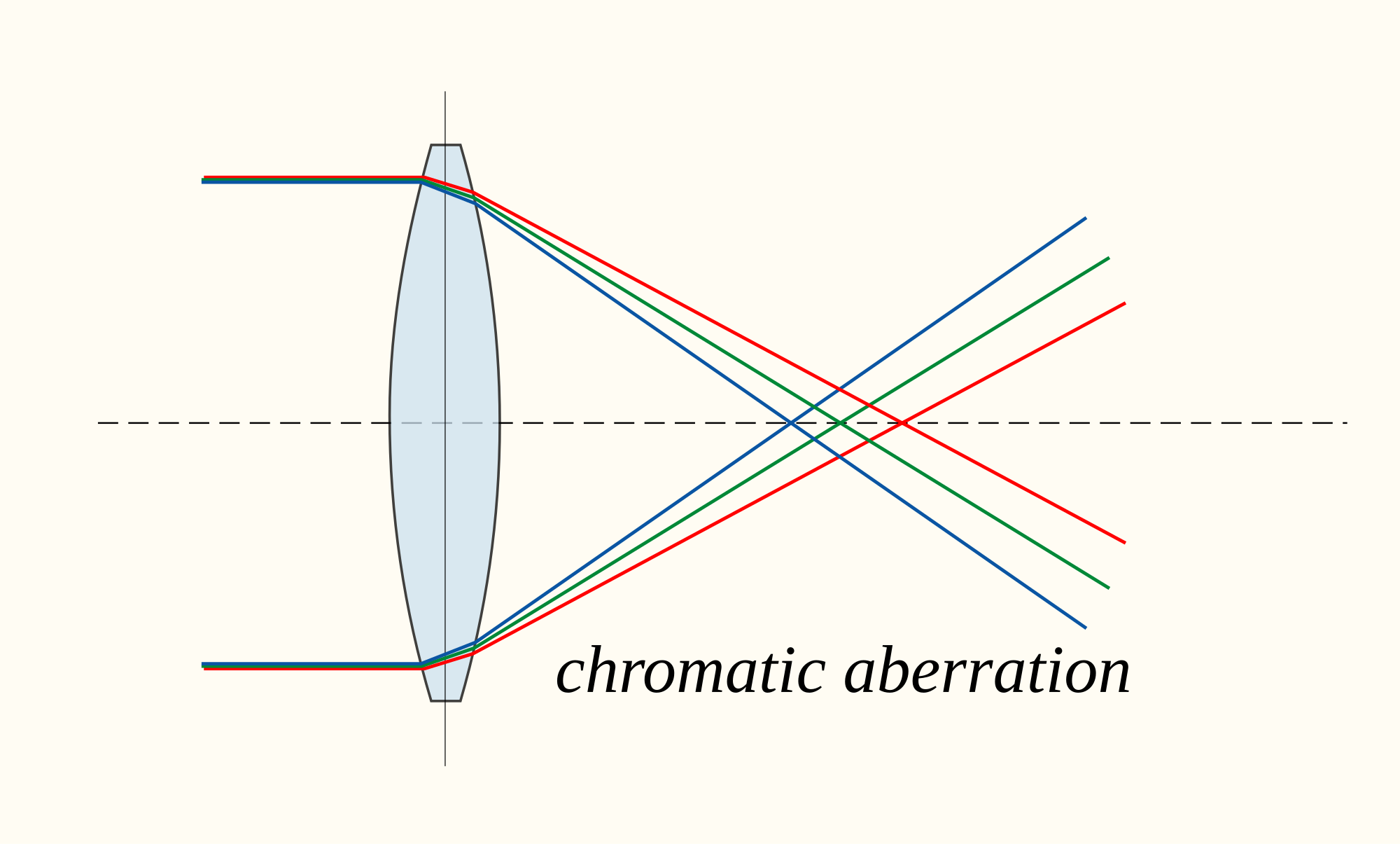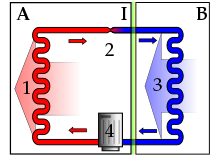Car:
Car is a wheeled self-powered motor vehicle used for transport. The first motor vehicle ever created was a car artillery made by french military engineer N. J. Cugnot in 1769. Due to high weight of steam engine almost all vehicles created in that time were the prototypes of steam stagecoaches. In XIX century the elecrtric cars - vechicles driven by energy from battery started to appear. At the end of XIX century this type of cars reached stunning speed of 100km/h. The first vechicle with internal combustion engine was invented in 1875 by S. Marcus and despite reaching the max speed of 6km/h it is said to be the prototype of modern car. Next important moment in history of automotive was invention of high-speed petrol engine in 1883 and vechicle equipped with it in 1886 by G. Daimler. In the same year K. Benz created his own model of car. In 1890 both of them are setting up their car factories in 1926 after many years of fierce competition their companies merge creating Daimler-Benz Company. At first all cars had shape of horse-drawn carriage which changed as a result of car accident during race in 1900, when driver of one of the Daimler's car died.
Cugnot's vechicle:




.jpg/220px-Chromatic_aberration_(comparison).jpg)
